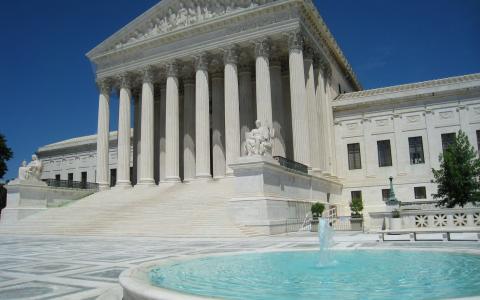
A federal judge has dismissed a lawsuit brought by Stephen Greco, a former executive of Creative Planning, against his former firm, its founder, and several custodians, including Charles Schwab, Fidelity, and TD Ameritrade. Greco’s suit had accused these parties of engaging in anticompetitive practices and other misconduct.
Greco, who worked with Creative Planning as the national director of wealth management from September 2013 until his resignation in March 2017, claimed that the firm retaliated against him for whistle-blower complaints he says he filed with the Securities and Exchange Commission (SEC) and the Justice Department. According to Greco, these complaints were related to conflicts of interest and fiduciary duty violations stemming from the firm’s client referral programs and other business practices.
In his lawsuit, Greco, along with his current registered investment advisor firm, Spotlight Asset Group, alleged that Creative Planning and the custodians engaged in “wide-ranging unfair and anticompetitive practices” and that these activities were reported to federal authorities. Greco contended that, in response to his reports, the defendants retaliated by attempting to silence him and interfering with the operations of Spotlight Asset Group, including efforts to prevent his firm from accessing popular custodial platforms.
However, U.S. Judge LaShonda Hunt of Illinois' Northern District dismissed Greco’s 199-page complaint, describing it as “lengthy, repetitive, and convoluted.” Judge Hunt gave Greco until Oct. 4 to file an amended complaint if he wished to proceed with the case. In her ruling, Hunt noted that Greco’s complaint contained 15 causes of action against 13 defendants, but many of the claims lacked sufficient factual support.
Greco’s lawsuit alleged a variety of claims, including accusations that Creative Planning’s growth strategies were fraudulent and involved illegal transactions with celebrity Tony Robbins. The complaint also described what Greco called “conspiratorial and anticompetitive” behavior by both Creative Planning and the custodians, alongside a “silencing and retaliation scheme” designed to harm his business.
The defendants, in their motion to dismiss the complaint, argued that Greco’s filing was overly complex and failed to clearly connect the facts to the causes of action. Judge Hunt agreed, writing that the allegations of conspiracy were “heavy on theories and labels” but “light on details.” Furthermore, she stated that the complaint’s conspiracy claims lacked enough factual content to infer that the defendants had entered into an illegal agreement to engage in the schemes Greco described.
Although the ruling doesn’t prevent Greco from filing an amended complaint, it casts doubt on the strength of the conspiracy allegations. Judge Hunt found that there were “fundamental problems” with the claims, specifically noting that the conspiracy theories lacked concrete evidence of an agreement between the defendants.



